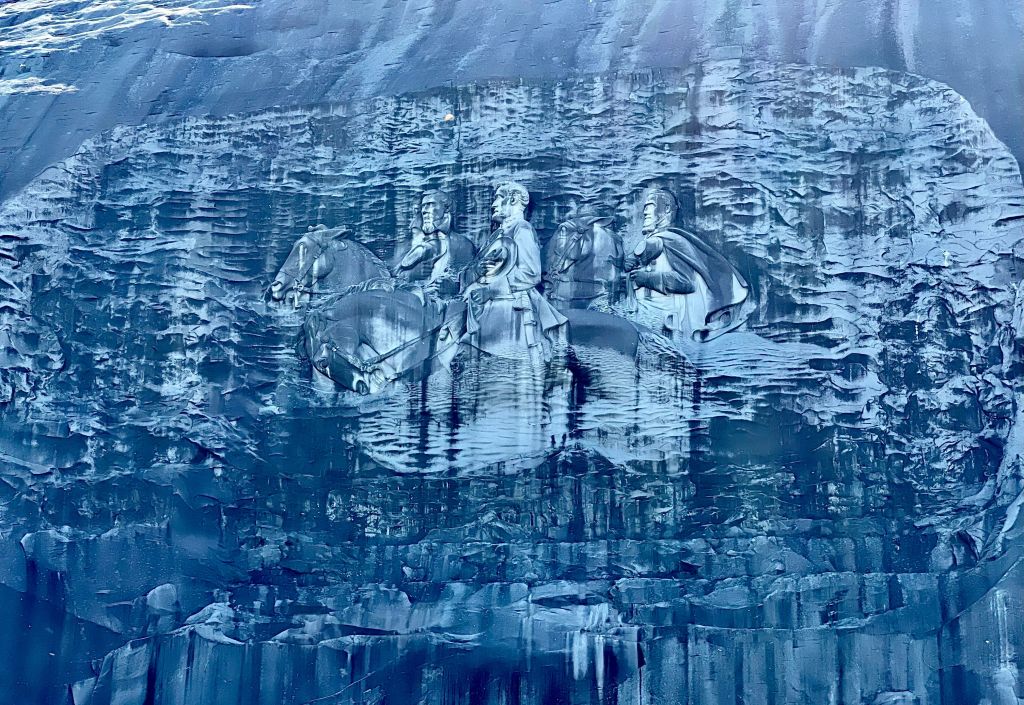REPORT: Skip Gates' Harvard Arrest Was Avoidable
CAMBRIDGE, Mass. – A Harvard scholar and the police sergeant who arrested him last July after a confrontation outside his home both missed opportunities to “ratchet down” the situation and end things more calmly, according to a review of the case released Wednesday.
The independent review said “misunderstandings and failed communications” and a “certain degree of fear” each man had for the other led to the six-minute dispute that ended with the renowned black scholar being placed in handcuffs by the veteran white Cambridge police sergeant.
Sgt. James Crowley arrested Henry Louis Gates Jr. for disorderly conduct at his Cambridge home July 16 while investigating a possible burglary. Gates alleged he was a victim of racial profiling. Charges were later dropped.
The conflict sparked a national debate on race relations, and President Barack Obama invited both men to the White House for a “beer summit.”
The situation at Gates’ home quickly escalated when it shouldn’t have, according to the review put together by a 12-member panel assembled in September. The panel was made up of law enforcement personnel, academics, and experts on race relations and conflict resolution, none of whom had direct ties to the Cambridge Police Department.
The report suggests that Crowley could have more clearly explained what he was doing and why he was doing it, especially after being shown Gates’ license and university ID. For his part, Gates could have used a more respectful tone to address the officer.
Neither man, in interviews with the panel, said he would have acted differently.
The incident was a “textbook example of how a police officer and a member of the community can clash if they do not share a sense of responsibility,” according to the report.
Gates turned down a request to comment on the report when contacted via e-mail, deferring comments to his lawyer and fellow Harvard professor Charles Ogletree.
Ogletree said while the report contained some “impressive recommendations about going forward,” he was disappointed that it left out contradictions between the police accounts of the call they got from a passer-by to report the incident and the actual transcript of her call. For example, the passer-by never mentioned that the people she saw on the porch of the home were black and never made any assumptions of criminality, Ogletree said.
He said it also plays down the fact that Gates was arrested after showing Crowley his license, with his address, to prove his identity.
“(Police) put an unreasonable burden on a citizen in what he should have done. He did everything he could have done,” Ogletree said, adding later that “(Gates) was amazingly outraged that the officer didn’t believe he was who he said he was.”
The panel made 10 recommendations for avoiding similar incidents in the future, including better training for police in de-escalating conflicts, as well as more outreach to the public and academic community to teach understanding of the police department’s job.
Crowley “was acting as he was trained,” Cambridge Police Commissioner Robert Haas said Wednesday, while acknowledging there should be alternative responses to similar situations.
Panel Chairman Charles Wexler says both men realized the incident was deteriorating within six to eight seconds, but saw the situation differently and didn’t understand the other’s point of view.
Gates and Crowley have since met many times and have developed “a friendly relationship,” Ogletree said.
Messages left Wednesday for Crowley at the Cambridge Police Department and his home were not immediately returned, but he told WBZ-TV outside his home that he is glad it’s over
RELATED STORIES
OPINION: Skip Gates Is Wrong – America Still Owes Us Reparations















